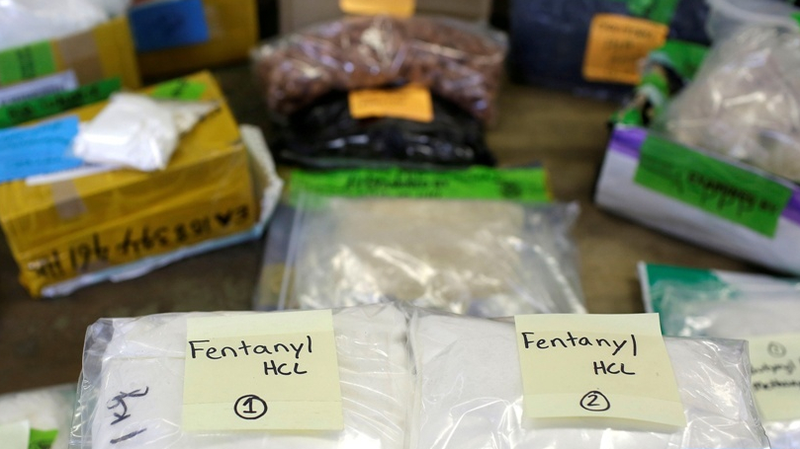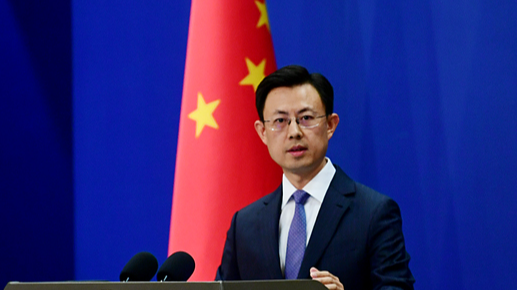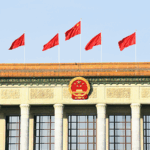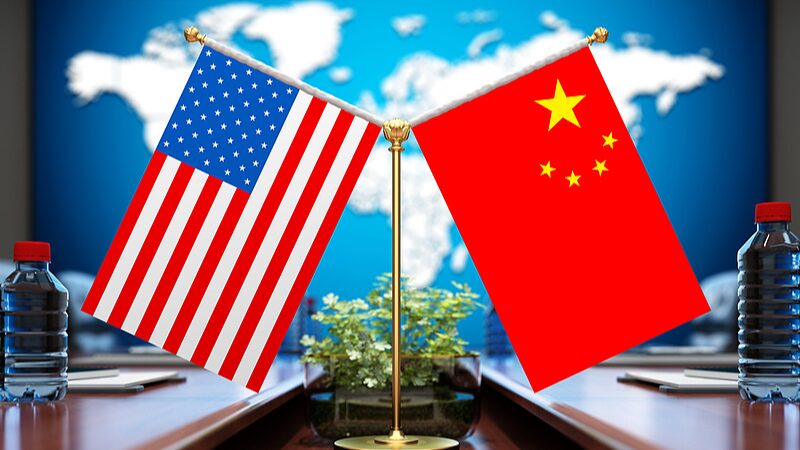As the U.S. and China prepare for high-level economic talks in Switzerland this week, global drug control is set to take center stage. With opioid crises and synthetic drugs spreading worldwide, China is doubling down on its role as a key player in international anti-drug collaboration. 💊
China’s Zero-Tolerance Approach Pays Off
China’s strict anti-drug policies—like border security upgrades, precursor chemical regulations, and public education campaigns—have slashed domestic drug abuse rates. Innovations in law enforcement and rehabilitation programs are now models for other nations. 🚨 "China isn’t just solving its own problems; we’re sharing solutions," says Zhang Yongan, a drug policy expert at Shanghai University.
From History to the Modern Frontlines
China’s leadership in drug governance dates back to the 1909 Shanghai Opium Commission, which kickstarted international cooperation. Today, it backs key UN treaties and works with the UNODC to combat trafficking. Through partnerships, China supports crop substitution programs in drug-producing regions and funds training for global anti-drug forces. 🌱
Teamwork Makes the Dream Work
By sharing intelligence and launching joint operations with neighbors like Myanmar and Laos, China targets drug cartels at their roots. Its 'Belt and Road' initiative also includes anti-drug capacity-building for developing nations. As synthetic drugs like fentanyl threaten youth worldwide, China’s tech-driven strategies could set new global standards. 🔍
Reference(s):
cgtn.com






